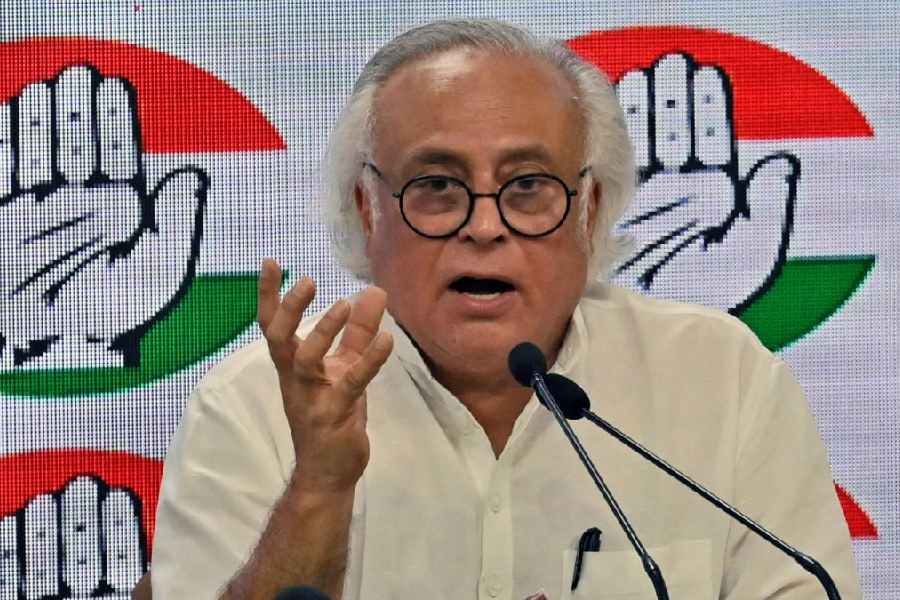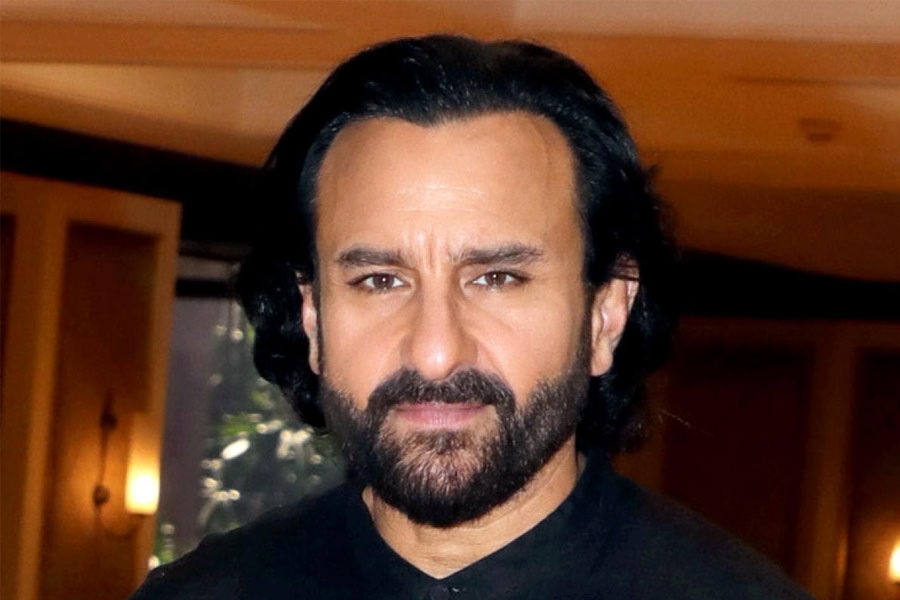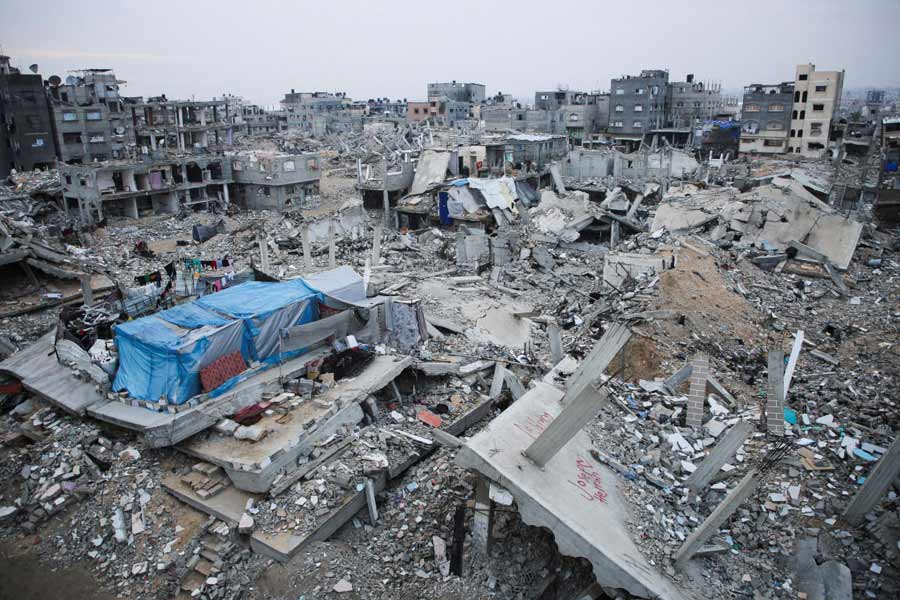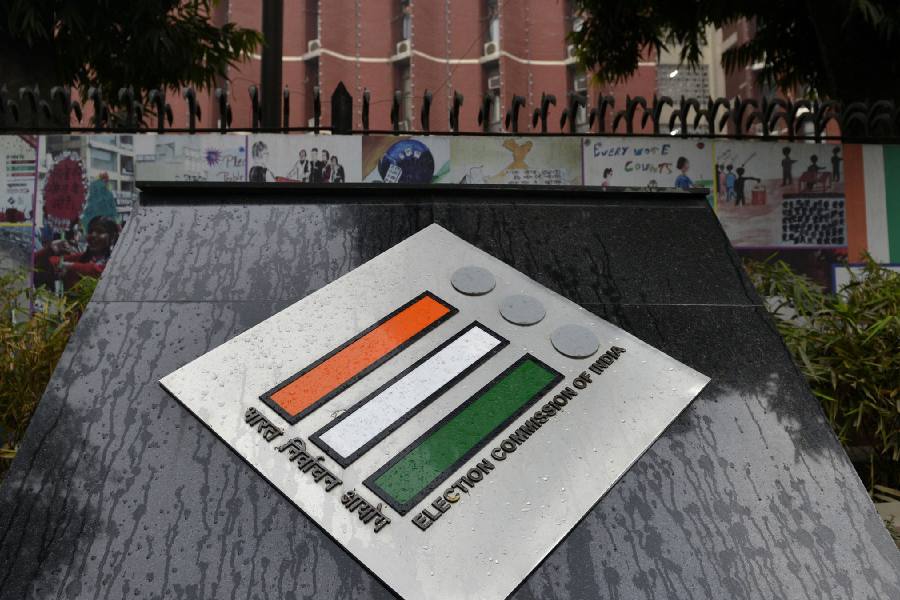Tens of thousands of Hong Kong residents, mostly clad in black, jammed the city's streets Sunday in a vehement show of opposition to proposed legislation that has stoked fears of expanding control from Beijing in this former British colony.
The marchers are demanding that Hong Kong's leader first scrap an extradition bill that would allow some suspects to be sent for trial in mainland China and then resign. The conflict, which slipped into unusually violent clashes with police last week, is one of the toughest tests of the territory's special status since China took control in a 1997 handover.
The demonstrators carried banners demanding that Chief Executive Carrie Lam step down. Walking slowly and shouting 'withdraw' and 'resign,' the crowd filled a wide thoroughfare and side streets paralleling the waterfront of Victoria Harbor.
Lam's announcement Saturday that she was suspending the legislation failed to mollify critics of the measure who see it as one of many steps chipping away at Hong Kong's freedoms and legal autonomy.
'Our demands are simple. Carrie Lam must leave office, the extradition law must be withdrawn and the police must apologize for using extreme violence against their own people,' bank worker John Chow said as he marched with a group of his friends. 'And we will continue.'
Sunday's march looked likely to match in scale one a week earlier that brought as many as 1 million people out to express their concern over the former British colony's relations with mainland China.
Many here believe Hong Kong's legal autonomy has been significantly diminished despite Beijing's insistence that it is still honoring its promise, dubbed 'one country, two systems,' that the territory can retain its own social, legal and political system for 50 years after the handover.
The rally drew marchers both young and old. Few wore face masks or seemed to be trying to hide their identities, in contrast with demonstrations Wednesday, when participants expressed worries over possible retribution from the authorities.
Protesters also are unhappy with the way police handled that situation, with officers using tear gas, rubber bullets and other forceful measures when demonstrators broke through barricades outside the city government's headquarters.
Farther down the parade route, mourners lined up to lay flowers and pay respects at a makeshift memorial for a man who fell to his death Saturday after hanging a protest banner that read in part, 'Make Love, No Shoot' and 'No Extradition to China.'
The man slipped from the grasp of rescuers after clinging for a time to scaffolding outside a shopping mall. He missed a big cushion set up to capture him, and was declared dead at a nearby hospital.
'I'm really sad. I'm grieving,' said one visitor, Peron Kwong, after tying a white ribbon to a street rail. 'As a person born and raised in Hong Kong, I'm heartbroken when I see Hong Kong become like this.'
Pro-democracy activists were calling for a general strike on Monday despite Lam's decision to suspend work on the legislation. Some labor unions, teachers associations and other groups were planning boycotts of work and classes.
'We encourage all the public to carry on the campaign,' said Bonny Leung, a leader of the pro-democracy group Civil Human Rights Front.
The Communist Party-ruled mainland took control in 1997 with a promise not to interfere with the city's civil liberties and courts. Many in Hong Kong fear the extradition bill would undermine freedoms enjoyed here but not elsewhere in China.
'China just wants to turn Hong Kong into another Chinese city,' said Alex To, 54, who said he runs a small business. 'Carrie Lam is just a figurehead. Everything depends on the attitudes of the leaders in Beijing.'
After Lam announced she was suspending the legislation to avoid more violence, Chinese government officials issued multiple statements backing that decision. Lam, however, made clear she was not withdrawing it.
She has sidestepped questions over whether she should quit and also defended how the police dealt with last week's clashes with demonstrators.
Lam maintains that the extradition legislation is needed if Hong Kong to uphold justice, meet its international obligations and not become a magnet for fugitives. The proposed bill would expand the scope of criminal suspect transfers to include Taiwan, Macau and mainland China.
So far, China has been excluded from Hong Kong's extradition agreements because of concerns over its judicial independence and human rights record.
Prosecutions of activists, detentions without trial of five Hong Kong book publishers and the illegal seizure in Hong Kong by mainland agents of at least one mainland businessman are among moves in recent years that have unnerved many in the city of 7 million.











